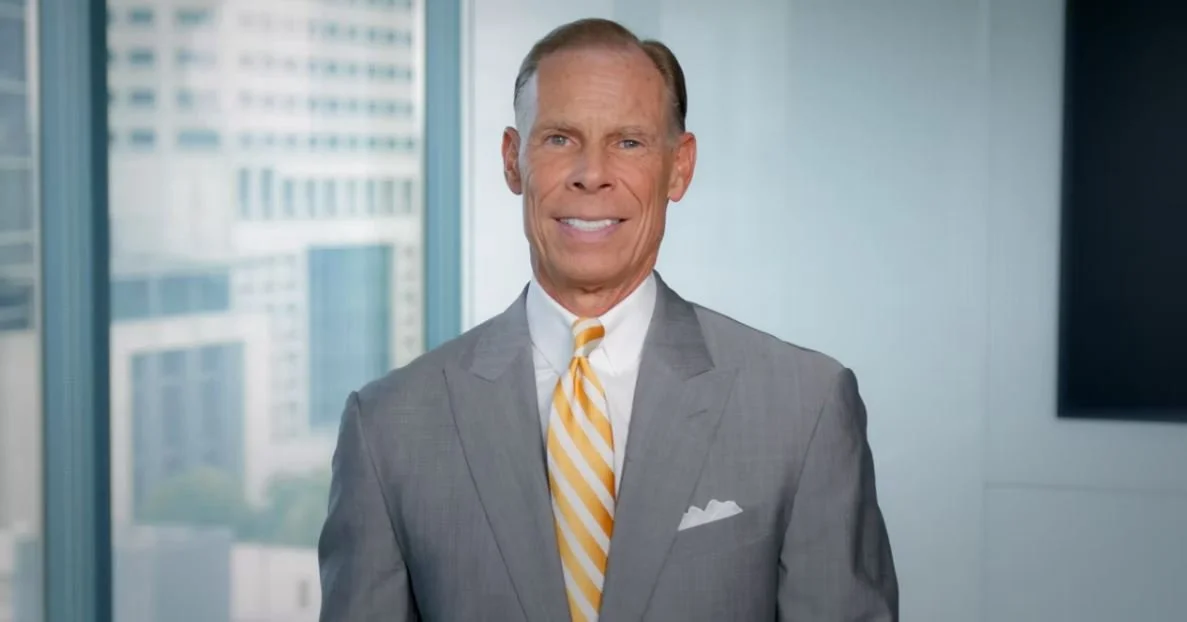It was a relatively quiet week in capital markets. Trading volume was very low, and the S&P 500 was down 1 percent. Interest rates were also down for the week with the 10-year U.S. Treasury finishing the week at 2.44 percent.
'Tis the Season for... Animal Spirit
Treasuries are wrapping up with their first weekly gain since the U.S. election and stocks are mixed in pre-holiday trading. Yields on the 10-Year Treasury benchmark closed at 2.54 percent, down from last week’s close of 2.59 percent. The S&P 500 and Dow Jones Industrial Index are trading at slightly higher levels than where they started on Monday.
Shifting Gears from Monetary to Fiscal Policy
The stock market was slightly positive on the week up around .20 percent taking a break from the strong move upwards following the election in November. Both the S&P 500 and the Dow Jones Industrial Average are within striking distance of all-time highs. The 10-year Treasury bond sold-off this week with the yield rising from 2.47 percent to 2.55 percent as treasury prices and yields move inversely to each other.
An Early Christmas
In a relatively quiet week on the company news front, investors welcomed a series of new highs on the S&P 500 that have pushed the benchmark index to price gains now exceeding 10 percent on the year.
InvestmentNews Magazine Names Ferguson Wellman to Western Success Stories List
Ferguson Wellman Capital Management has been named by InvestmentNews to its “Western Success Stories” list, ranking 11 out of 15 advisors.
OPEC's Early Holiday Gift
Ferguson Wellman has viewed the energy sector favorably for close to two years. While 2015 was a difficult year in that regard, we started seeing improvements in 2016. Finally, OPEC delivered a nice gift earlier this week which will continue to benefit our stance.
A Time to be Thankful
The election is over and the capital markets have had a few weeks to digest the results. In this holiday-shortened week the equity markets coasted to new record highs on light volumes with the Dow Jones Industrial Average surpassing 19,000 and the S&P 500 eclipsing 2,200. Small Cap stocks continued their post-election rally, up nearly 13 percent since the election.
Bond Vigilantes
This week the markets continued to digest the election news in an attempt to understand how the changes in government will impact the economy and markets. Stocks were up a bit less than one percent this week and bond yields continued to
Cole Quoted in The Bulletin
Cascade Bancorp, the parent company of Bend-based Bank of the Cascades, is seeing strong growth across its Northwest footprint as a result of the economy and recent acquisitions, CEO Terry Zink said Wednesday. “The many strategic investments we have made are fueling our growth,” Zink said during a conference call with investors on third-quarter earnings.
Navigating the Unknown
As the week draws to a close, we wanted to share some perspective on what was a surprising week for our political system. Against this backdrop, the capital markets once again demonstrated they do not like surprises or uncertainty. Following the announcement that Donald Trump had secured the necessary 270 electoral delegates, equity markets sold off
What a Long, Strange Trip It’s Been
Equity markets fell a little more than 1 percent on the week as the presidential race grew closer with the news of renewed investigations into Hillary Clinton’s use of personal emails during her time as Secretary of State. Additionally, the Fed chose not to raise interest rates when they met on Wednesday, but signaled pretty clearly that they would be tightening in December.
Change at the Earnings Margin
Relatively modest losses in the S&P 500 this week masked enormous volatility in the pricing of underlying companies, thanks to a deluge of third quarter earnings reports that resulted in what felt like a feast or famine result for individual stocks. This last full week of October
Kralj Speaks at Bend Chamber’s Economic Forecast Breakfast
The recession is in the rear view mirror, panelists told an audience of more than 300 at the Bend Chamber’s annual Economic Forecast Breakfast.
“The news delivered by our panelists was not as grim as one might have thought,” said Bend Chamber EVP of Programs and Events Robin Rogers. “The overarching forecast was, 2017 will actually be better than 2016 and, 2018 should also be a growth year.”
Kralj Quoted in The Bulletin
Central Oregon’s economic expansion has slowed, but that doesn’t mean another recession is around the corner, according to the panel at the annual Economic Forecast Breakfast, presented Thursday by the Bend Chamber of Commerce.
Merger Mania and Microsoft
Disappointing corporate earnings forecasts outweighed a Microsoft surge and increased deal activity to end the week basically flat for the S&P 500, Dow Jones, and NASDAQ. Worldwide stock markets also turned in lackluster performances for the week. The U.S. dollar climbed to a
Norris Quoted in Barron’s
After the financial crisis of 2008-09, resilient investors made U.S. stocks great again. Whether lured by the hope of renewed earnings growth or a dearth of attractive alternatives, they piled into the market, pushing the major indexes to successive peaks.
Times They Are A-Changing
A Nobel Prize for Bob Dylan couldn’t buoy the markets this week. Uncertainty in China and a rocky start to earnings season resulted in a down week for stocks. While equities rallied on Friday, the S&P 500 ended the week down close to 1 percent. Pre-announcements from Honeywell, Dover and Fastenal weren’t a positive way to start the week; however, [...]
Ferguson Wellman and West Bearing Recognized at Corporate Philanthropy Awards
PORTLAND, Ore. – October 14, 2016 – Ferguson Wellman Capital Management and West Bearing Investments have been named by Portland Business Journal as a leader in corporate philanthropy in Oregon and southwest Washington.
Q4 2016 Investment Strategy Video
The Contagion of Scary Clowns
Mixed economic data led to weaker stock markets around the world this week. U.S. equities were down around less than 1 percent, while international benchmarks were modestly negative as well. One would expect with negative equity markets that interest rates would have dropped as well, but




















